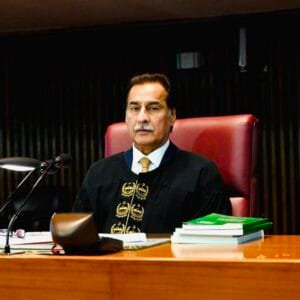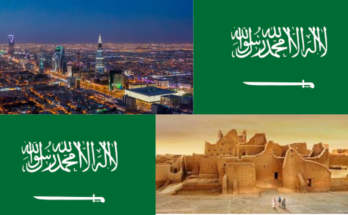In a significant development amidst Pakistan’s ongoing political turmoil, the Speaker of the National Assembly (NA) has ordered the immediate release of several Pakistan Tehreek-e-Insaf (PTI) Members of the National Assembly (MNAs) who were arrested from the premises of the Parliament. This decision marks a critical moment in the escalating conflict between the PTI and the current government, reflecting the deepening political divide and concerns over democratic governance in Pakistan.
Background of the Arrests
The PTI, led by former Prime Minister Imran Khan, has been at odds with the ruling coalition since Khan’s ousting in a no-confidence vote in 2022. The party has alleged that the removal of their leader was a result of foreign interference and has continued to protest, both inside and outside the Parliament. In the months following, PTI lawmakers have faced increased pressure, with many being arrested on various charges, ranging from sedition to public order violations.
The arrests of these MNAs from within the parliamentary premises, however, represent a more serious escalation. These lawmakers were apprehended while attending or preparing to attend parliamentary sessions. The exact reasons for their arrest remain vague, with conflicting reports circulating about their involvement in anti-government protests and alleged threats to public security. PTI has condemned the move, calling it an attempt to suppress their voice in the legislative process and undermine their democratic rights.
Speaker’s Intervention
The Speaker of the National Assembly, in an unprecedented move, has intervened, ordering the release of the detained MNAs. According to reports, the Speaker expressed deep concern over the manner in which the arrests were conducted. He emphasized that members of Parliament enjoy certain privileges that allow them to attend legislative sessions without hindrance. Arresting lawmakers from within Parliament, according to him, violates these privileges and sets a dangerous precedent.
During a public statement, the Speaker stressed, “Parliament is the house of the people, and its members are the representatives of the nation. Any actions that prevent parliamentarians from fulfilling their duties to the people will not be tolerated.” He further warned that the arrest of MNAs within the Parliament premises disrupts democratic processes and could lead to further instability in the country.
Reaction from PTI and Opposition
PTI leaders have welcomed the Speaker’s order, calling it a victory for democracy. A spokesperson for the party stated, “This is a step in the right direction. The arrest of our lawmakers was illegal and unconstitutional, and we are pleased that the Speaker has upheld the rule of law by ensuring their release.”
Imran Khan, PTI’s chairman, also expressed his support for the decision, taking to social media to highlight the importance of protecting parliamentary privilege and democratic norms. He reiterated his party’s commitment to opposing what he calls “the regime of oppression” and promised to continue their political struggle both within and outside the Parliament.
The ruling coalition, however, has expressed mixed reactions. While some members have criticized the arrests as a heavy-handed tactic, others have defended them, stating that public safety and order must come first. They argue that some PTI lawmakers have been involved in inciting unrest and violence, and such actions must be met with appropriate consequences, even for elected officials.
Implications for Pakistan’s Political Landscape
This episode is yet another reflection of the growing political polarization in Pakistan. The Speaker’s decision to intervene in the arrests of PTI lawmakers highlights the increasing strain on the country’s democratic institutions. On one hand, it showcases the resilience of parliamentary norms; on the other, it underscores the fragility of these institutions in the face of political conflict.
For PTI, the decision may serve as a morale boost as the party continues to navigate its role in opposition. However, it also brings into sharp focus the challenges of maintaining a functioning democratic system in a highly polarized environment.
With the next general elections looming, this incident will likely contribute to the ongoing debate about the legitimacy of the government and the fairness of the political process. The release of the MNAs may be seen as a small victory for PTI, but the broader political climate remains tense, with no immediate resolution in sight.



